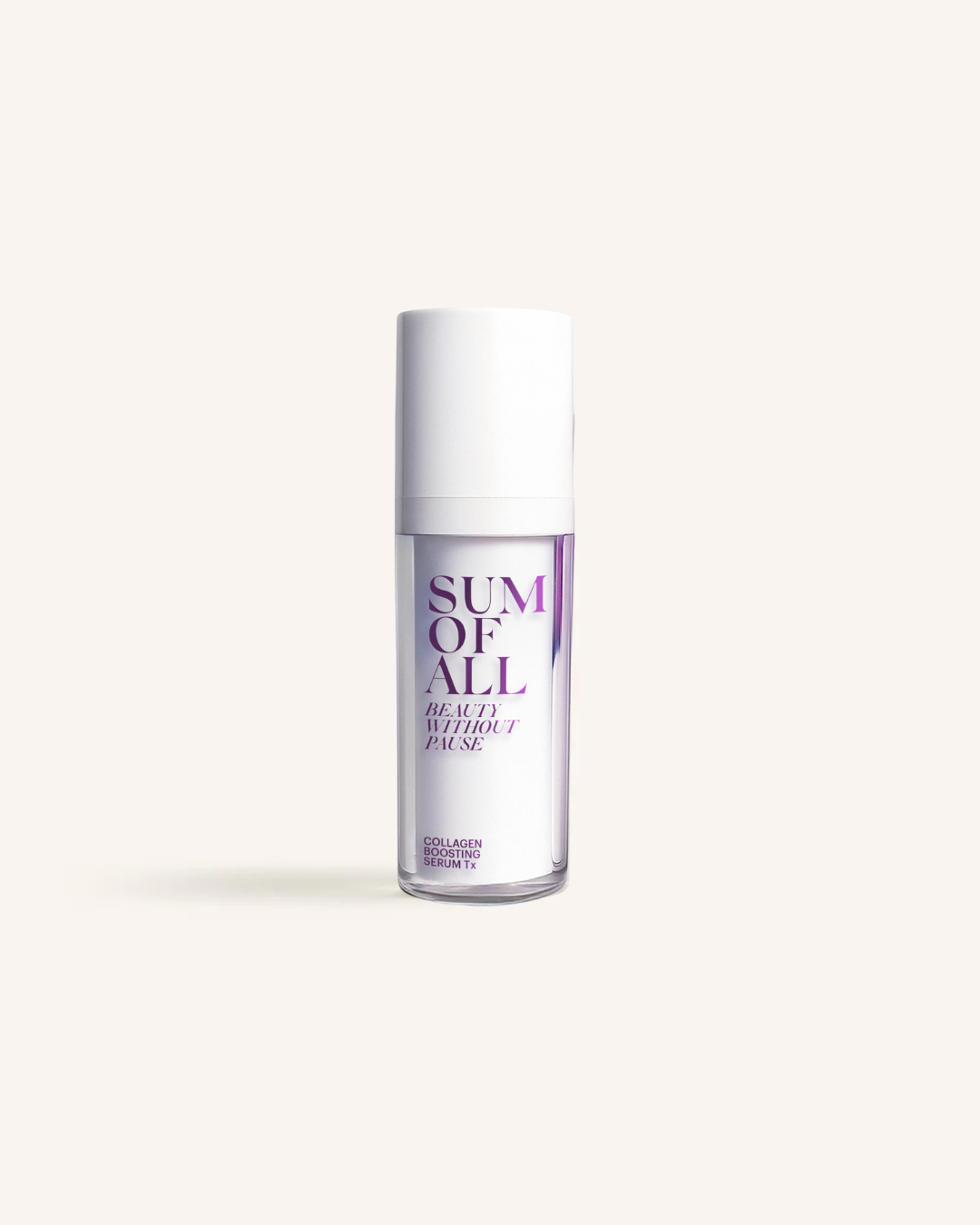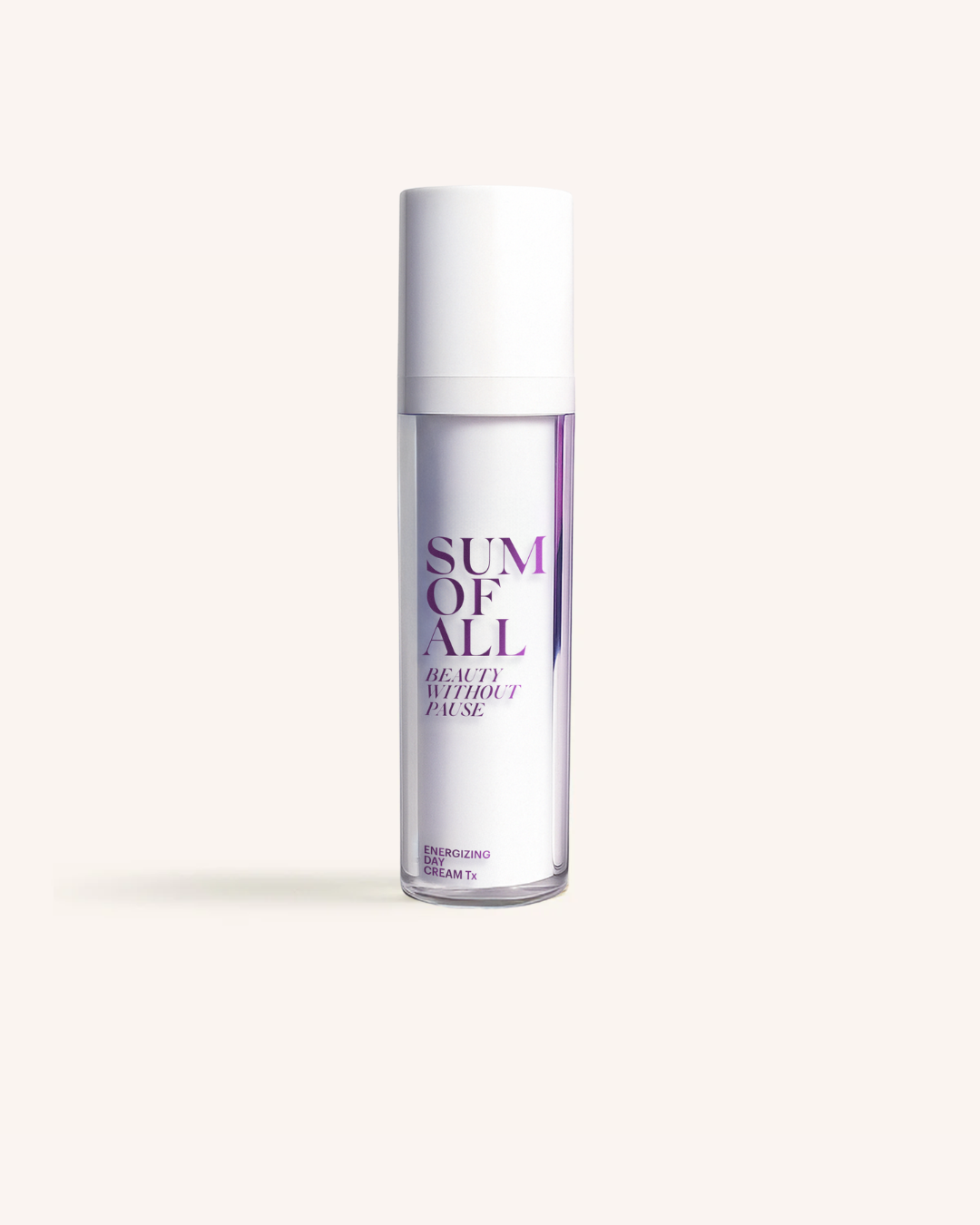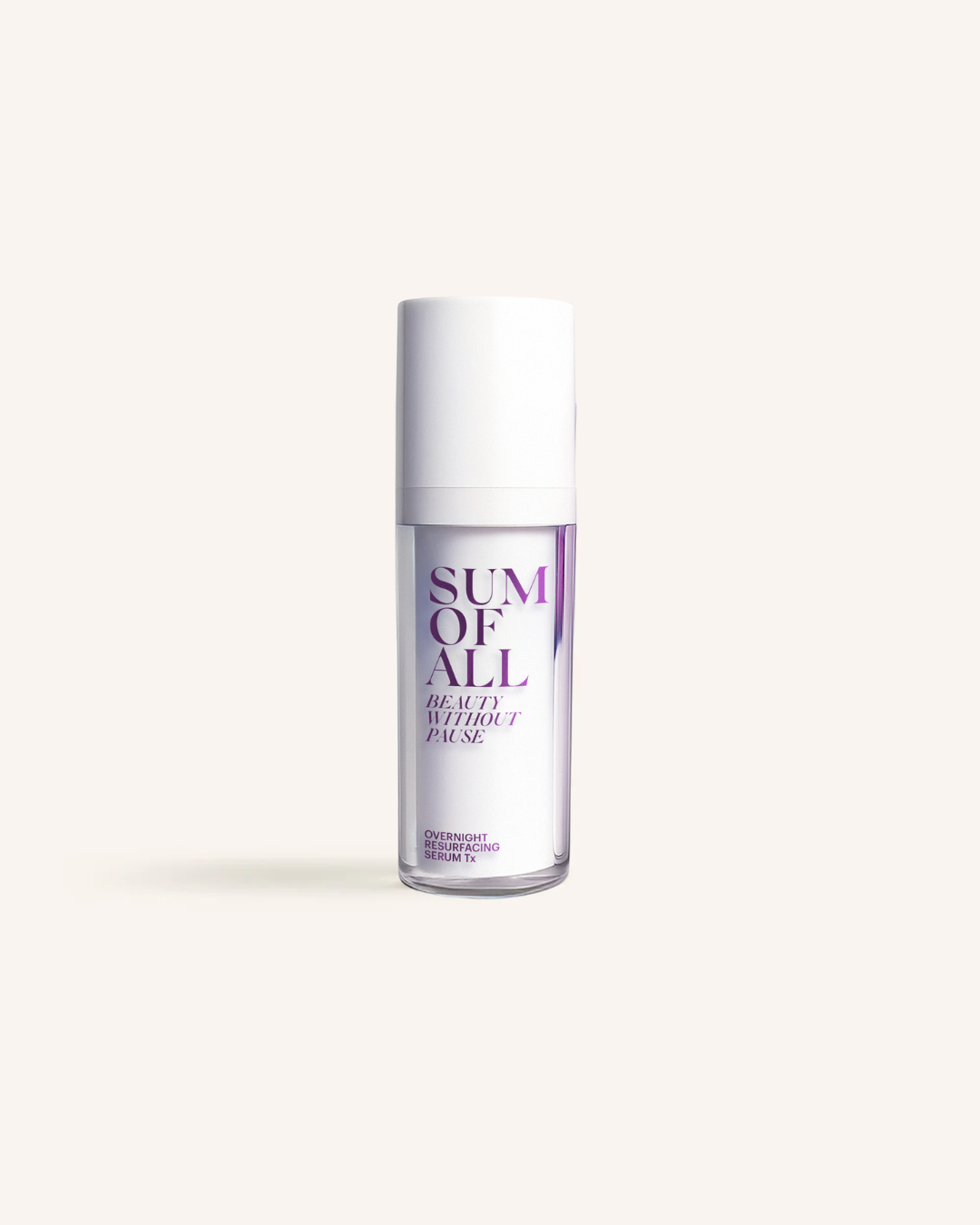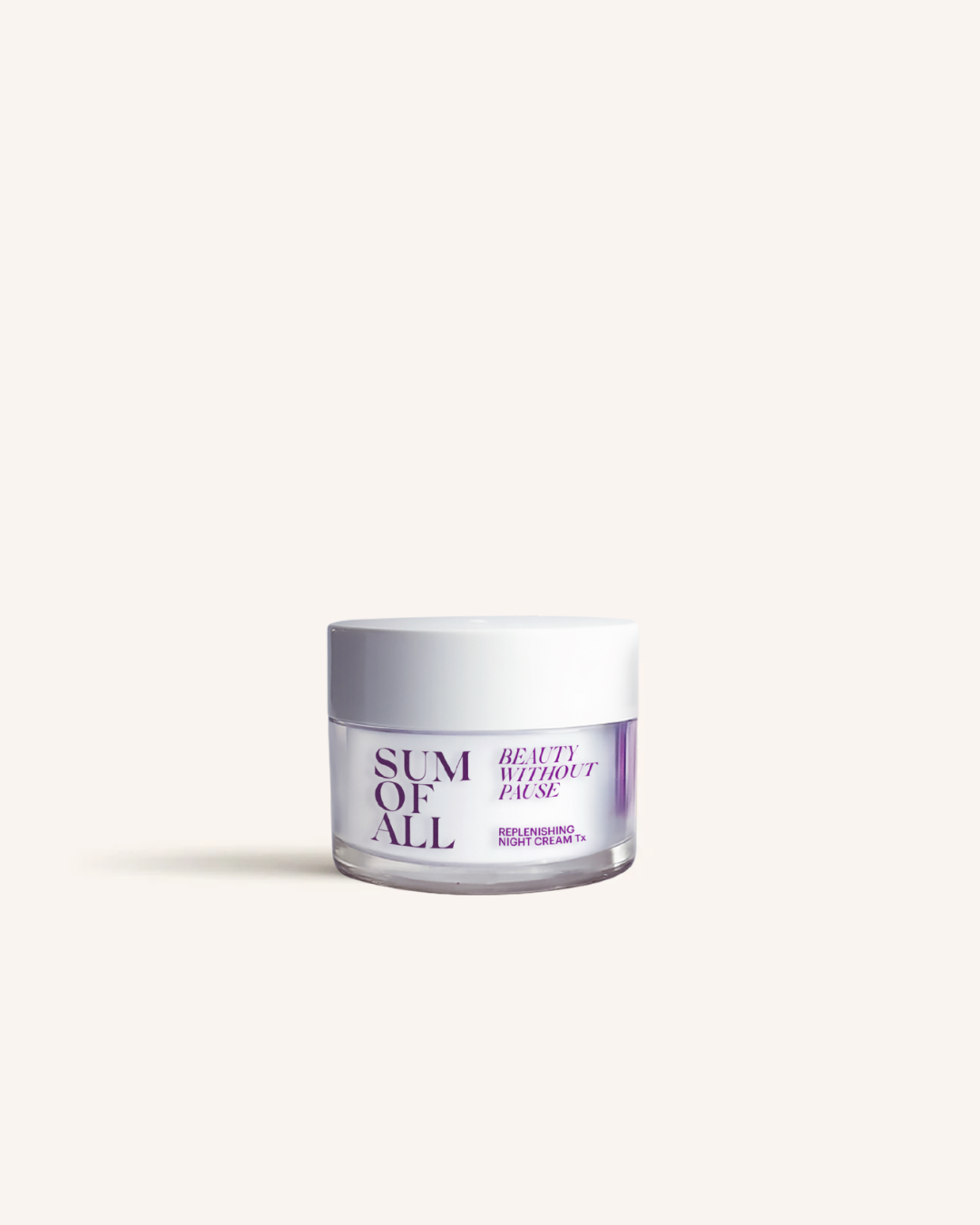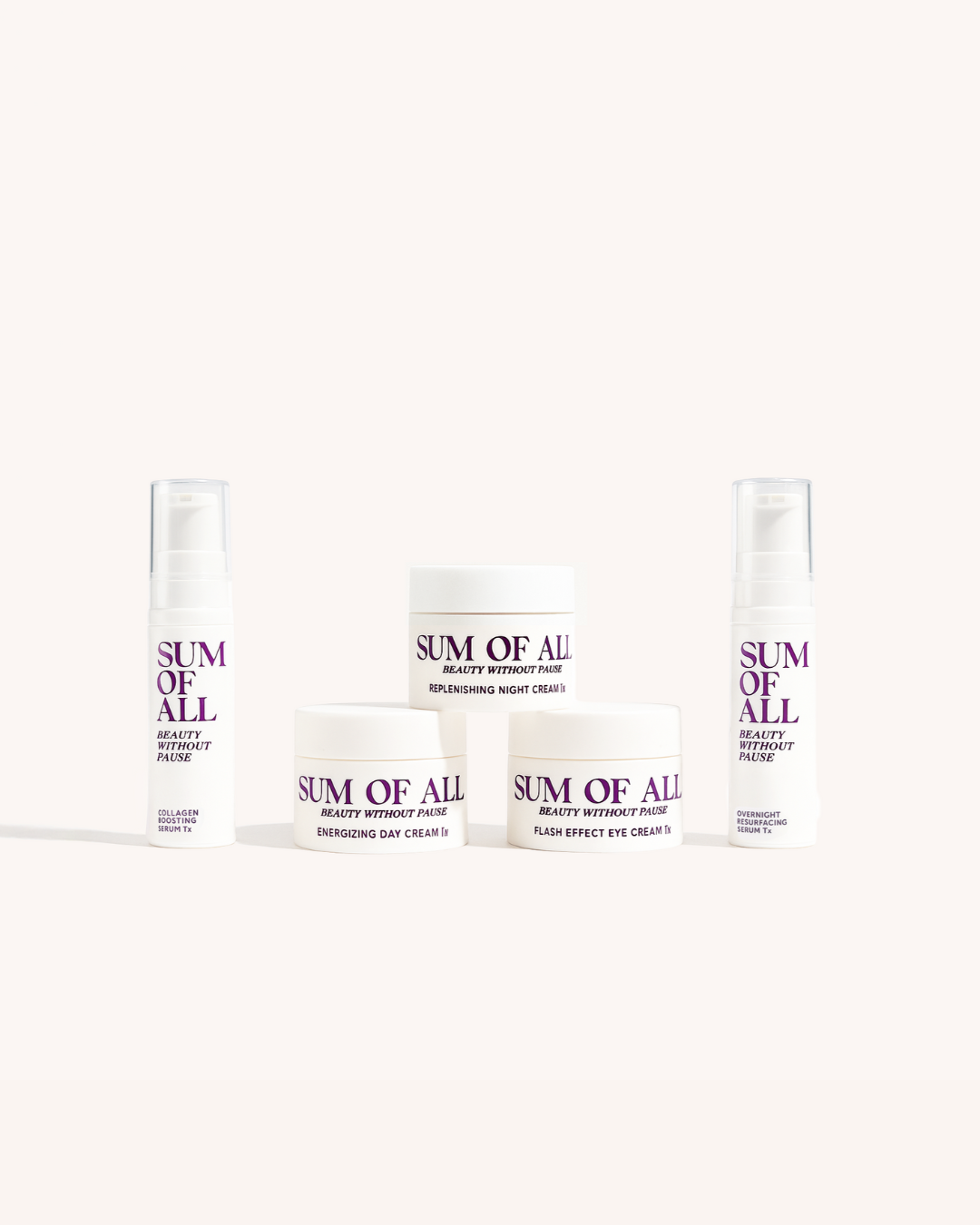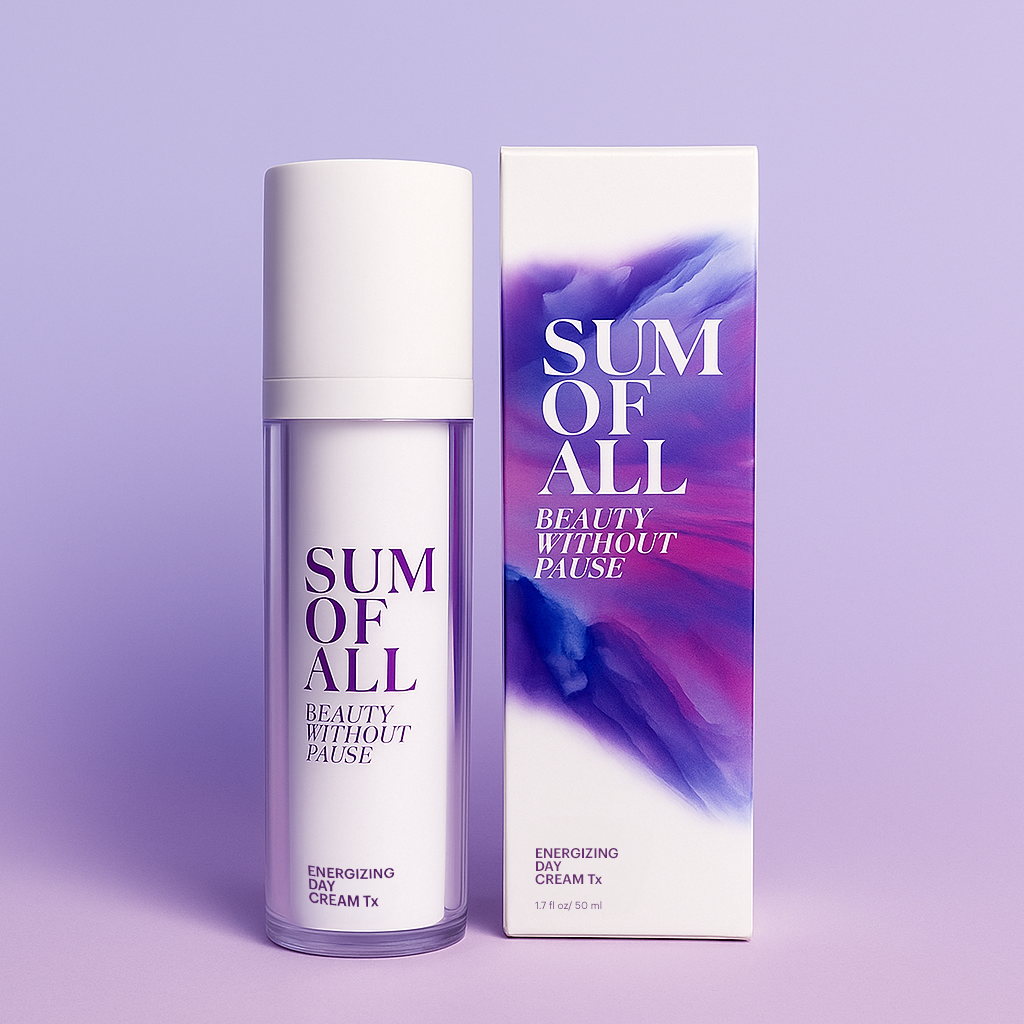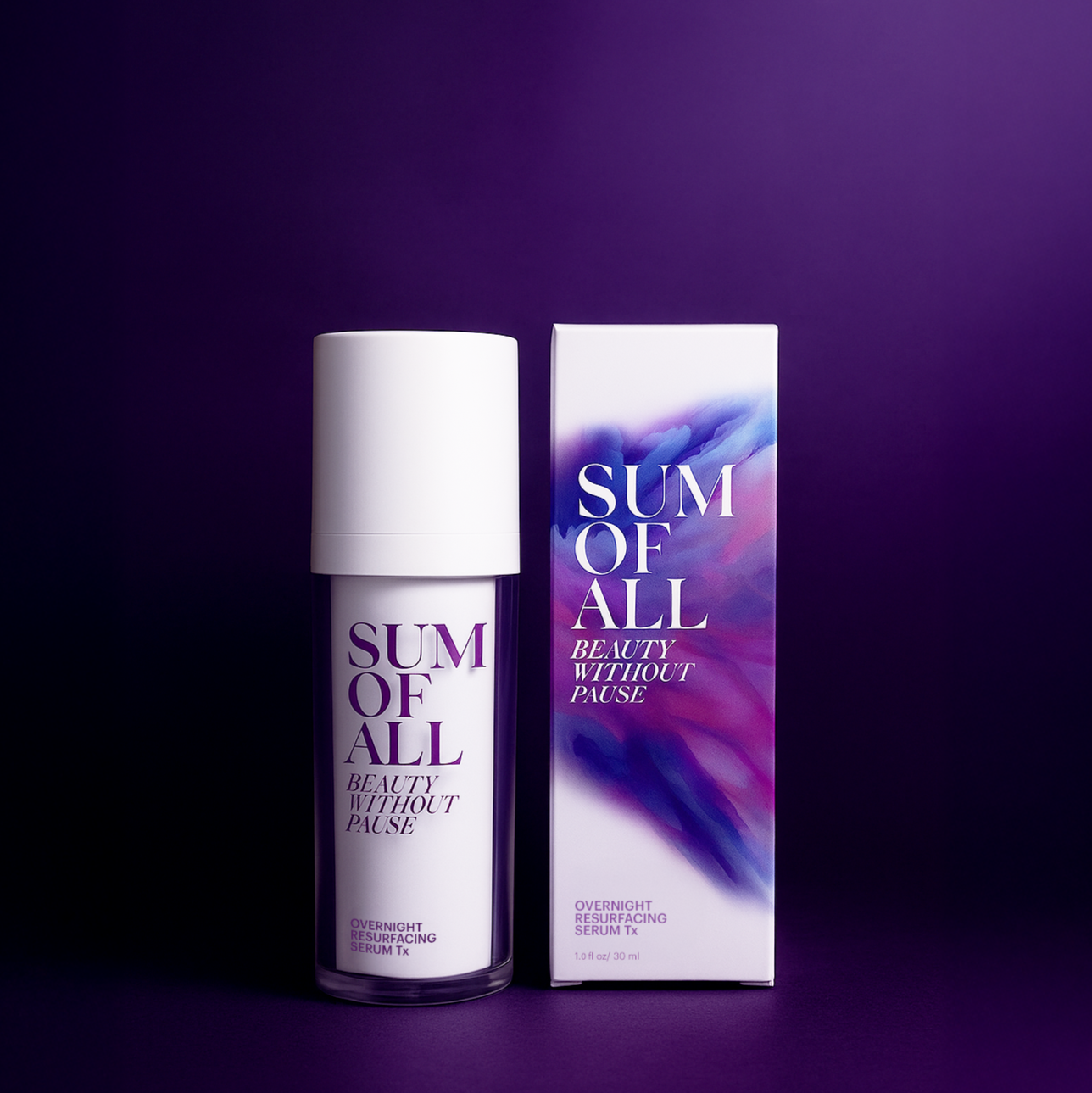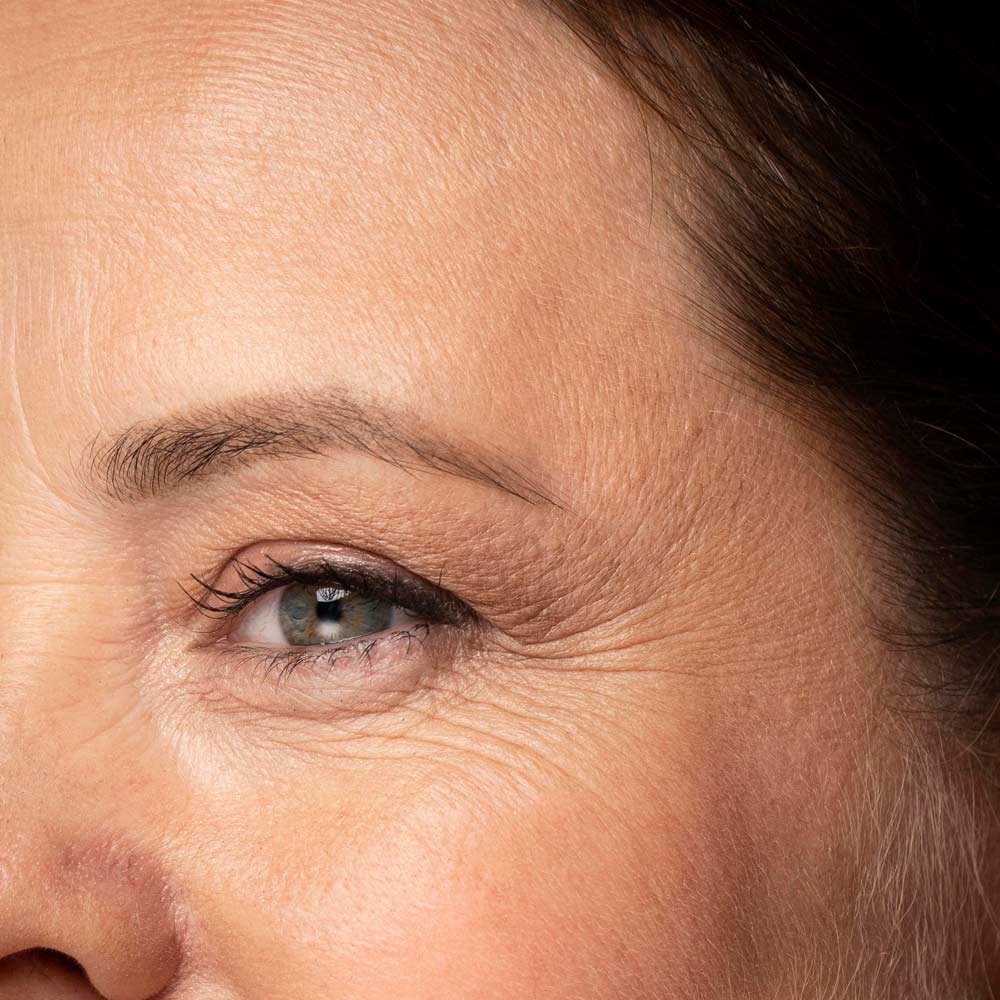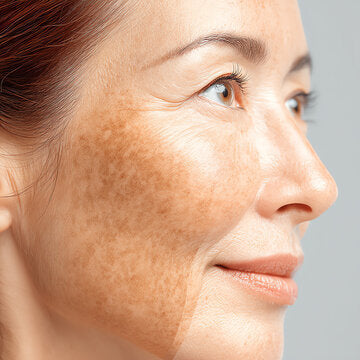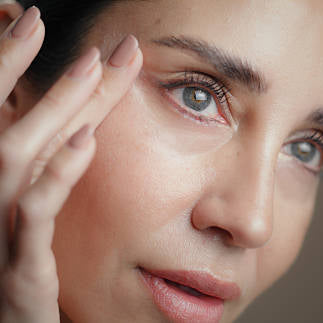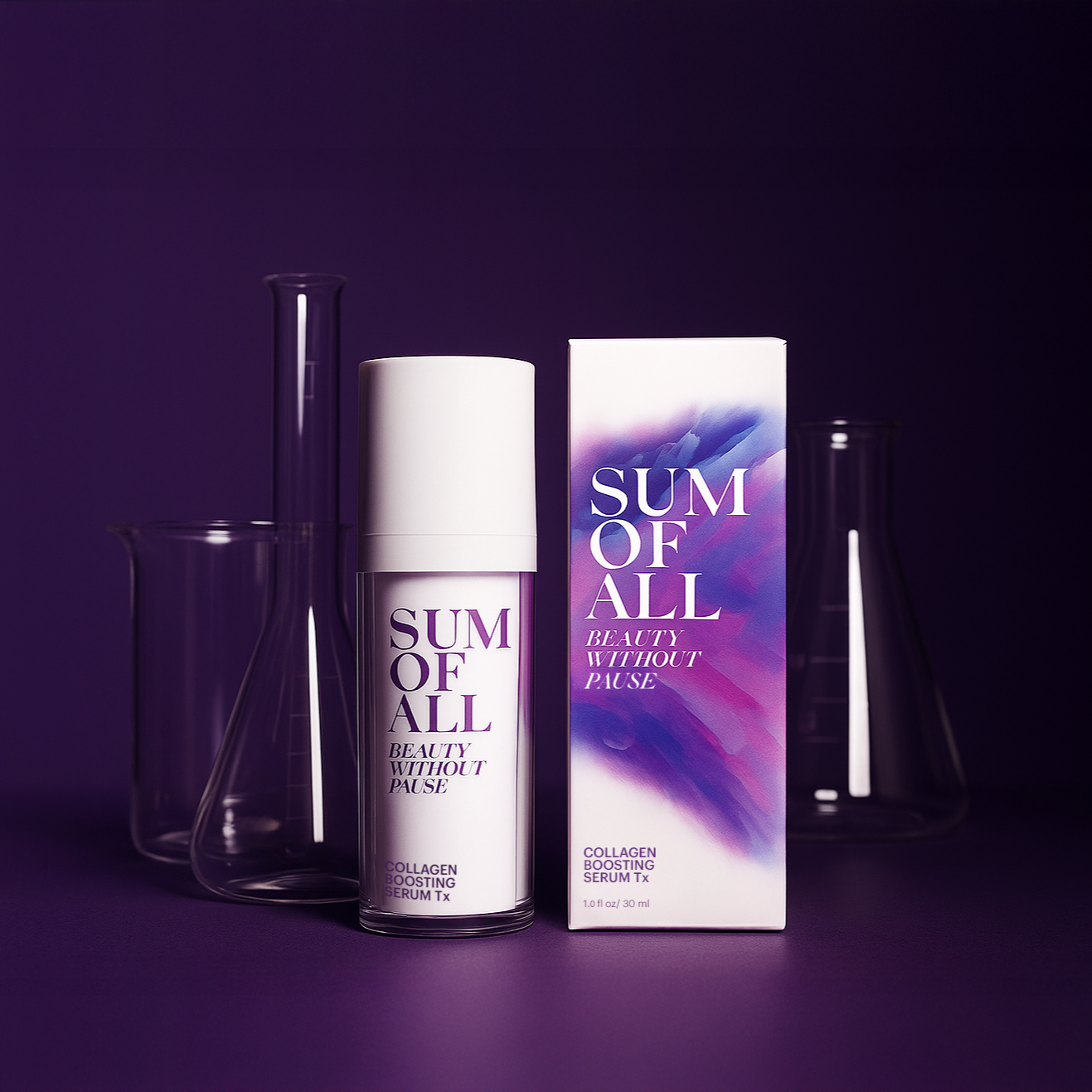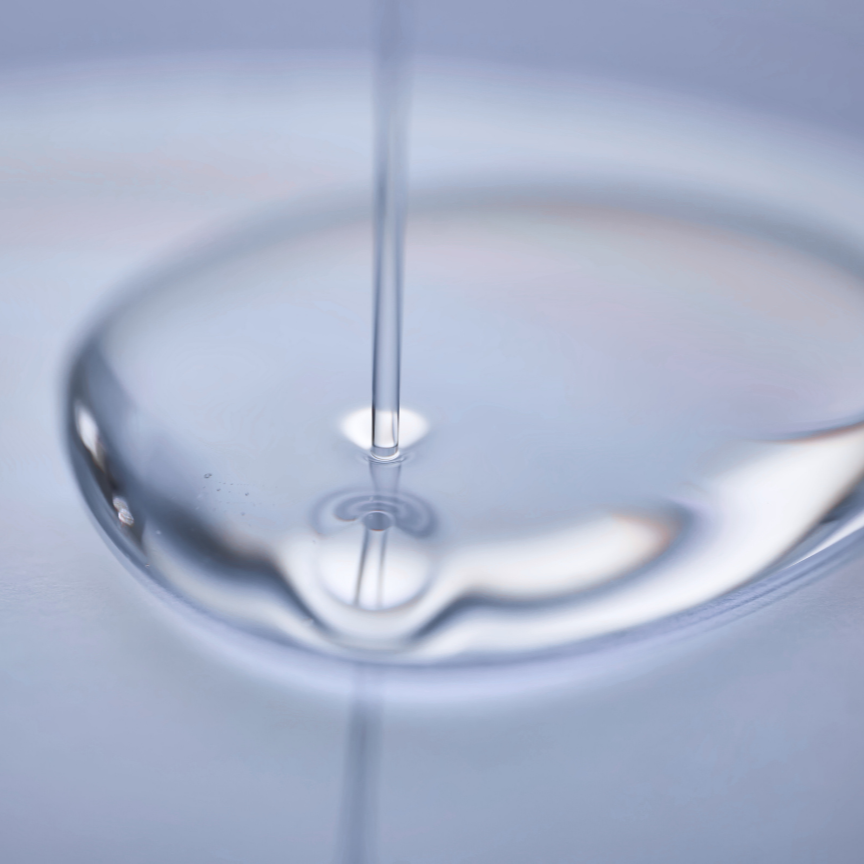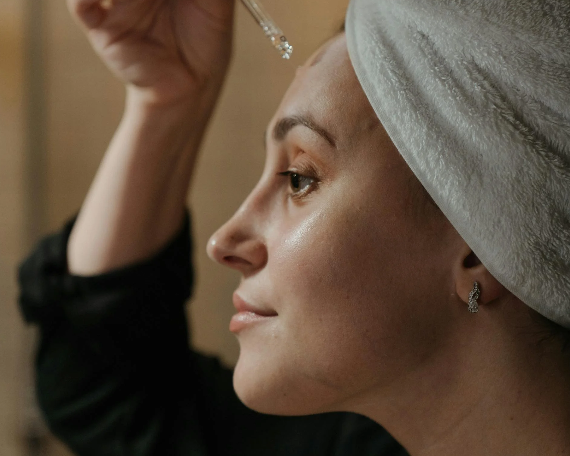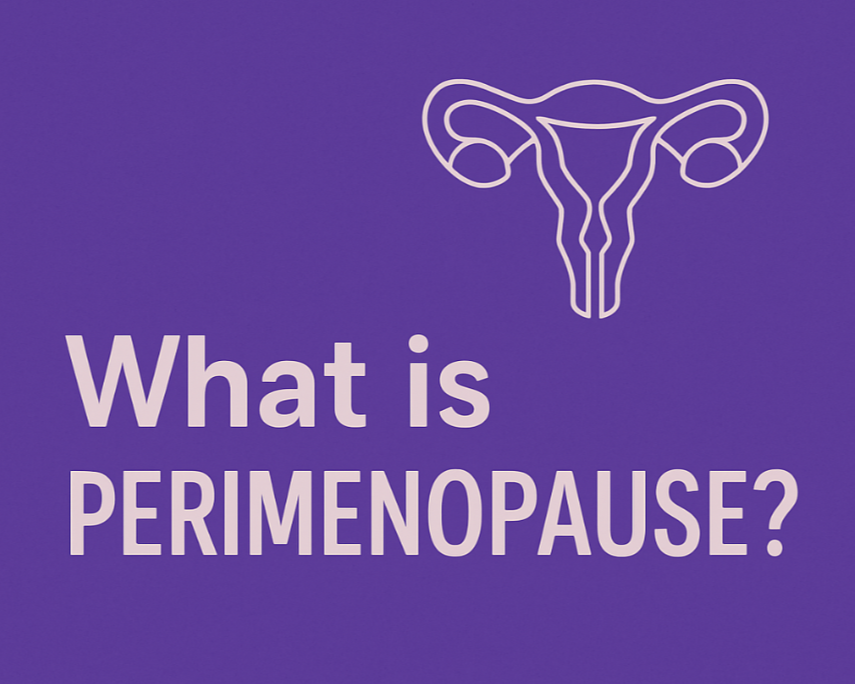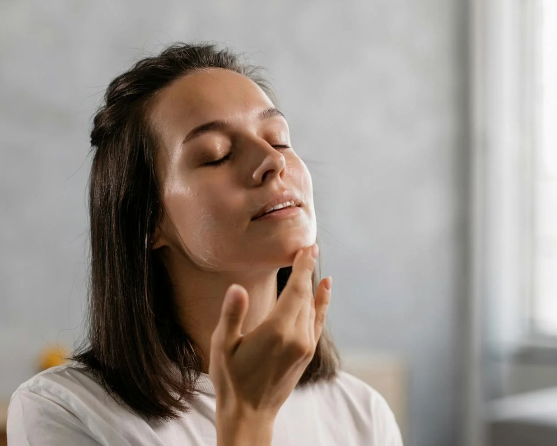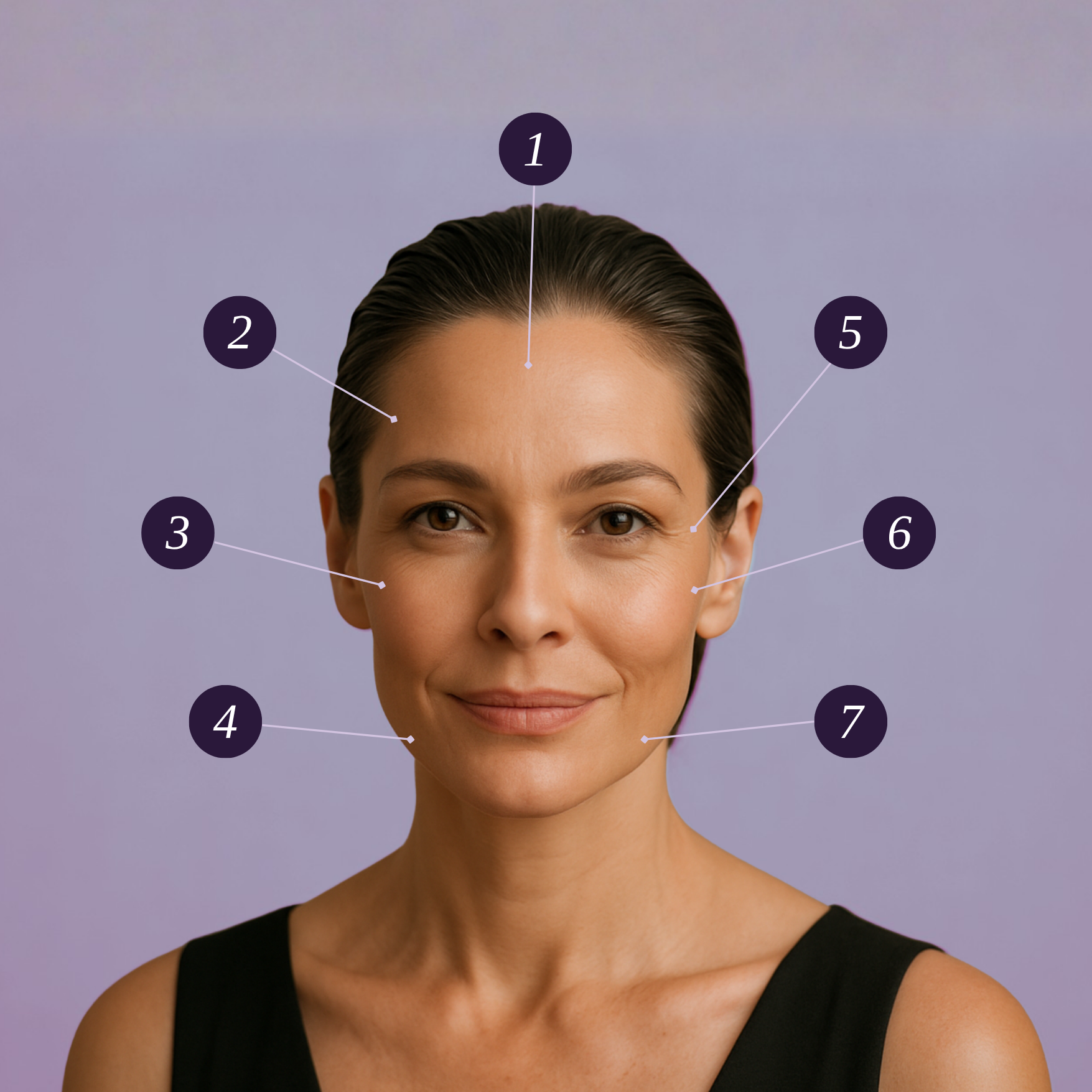As the years go by, one thing becomes undeniable: our skin changes. For many women, menopause marks a turning point in these changes. Suddenly, you might notice your skin becoming drier, more lined, or even prone to unexpected breakouts. But here’s the thing: what we’ve been told about menopause and skin isn’t always the whole story. It’s time to debunk the myths and uncover the truth.
The Myth of Dry, Wrinkled Skin
When menopause begins, many women expect their skin to become dry, thin, and wrinkled. For years, I’d heard that menopause automatically equals dry skin. But when it happened to me, I wasn’t ready to accept that. My skin had always been naturally dewy, and I wasn’t about to lose that glow.
While menopause lowers estrogen levels, it doesn’t mean your skin must become lifeless. The key to maintaining softness is hydration. I started incorporating hyaluronic acid, which can increase skin hydration by over 130 percent immediately after application, according to clinical research. I also added richer moisturizers with nourishing oils, and within weeks, my skin felt hydrated, supple, and radiant again.
The truth? You don’t have to give up your glow because of menopause. With consistent hydration and barrier-strengthening care, your skin can remain soft and luminous.
The Myth of Permanent Skin Changes
I remember staring into the mirror, noticing fine lines around my eyes and wondering, “Is this it? Are these permanent?” Many of us believe that once collagen declines, there’s no way back. But that isn’t true.
Collagen naturally decreases as estrogen levels drop, leading to reduced firmness. Studies confirm that women lose up to 30 percent of collagen within the first five years after menopause. However, ingredients like peptides and encapsulated retinol help stimulate new collagen formation and improve skin elasticity.
After adding a peptide-rich serum and a gentle retinol night cream to my routine, my skin began to regain firmness and bounce. The truth? Skin changes are natural, but they aren’t permanent. With collagen-supporting ingredients, you can restore smoothness and vitality at any stage.
The Myth of Wrinkles as a Foregone Conclusion
We’ve all heard it: “You’ll get wrinkles; it’s just part of aging.” But that doesn’t mean they’re inevitable or irreversible. As estrogen declines, the skin loses elasticity, which accelerates wrinkle formation. However, retinoids and vitamin C have been proven to stimulate collagen synthesis and reduce fine lines over time.
I started applying vitamin C in the mornings and encapsulated retinol at night, and gradually, my fine lines softened. My skin looked more refined and resilient. The truth? Wrinkles don’t have to define your skin. Consistent use of collagen-boosting actives can help preserve firmness and minimize visible lines.
The Myth of Hormonal Acne Not Being a Menopause Issue
Just when I thought I’d left acne behind, breakouts reappeared around my chin and jawline. I was shocked; wasn’t acne supposed to be a teenage problem? The culprit turned out to be hormonal. During menopause, fluctuating androgens can stimulate oil production, leading to clogged pores and breakouts.
By switching to a salicylic acid cleanser and using a gentle exfoliating serum twice a week, I saw real improvement. The acne subsided, and my skin tone became more even. Research confirms that mild exfoliation using beta hydroxy acids can regulate oil and reduce inflammation.
The truth? Hormonal acne during menopause is real but manageable. With the right balance of exfoliation and hydration, you can restore clarity without over-drying your skin.
The Myth of Losing Your Glow Forever
One of the most common fears about menopause is losing that natural radiance. As skin cell turnover slows and oxidative stress increases, dullness can set in. But glow loss isn’t permanent; it’s a sign your skin needs antioxidant support.
I began using products enriched with vitamin E and niacinamide, both of which strengthen the skin barrier and protect against free radicals. Studies show that these ingredients improve elasticity and overall tone while reducing pigmentation caused by UV damage.
The truth? Your glow doesn’t fade; it just needs nourishment. With antioxidants and brightening actives, your skin can stay radiant through every phase of change.
Embracing the Change: A New Chapter for Your Skin
Looking back, I’ve learned that menopause isn’t the end of beautiful skin; it’s a new beginning. Yes, it brings change, but it also invites a deeper relationship with yourself. Through hydrating, collagen-boosting, and barrier-restoring care, your skin can look and feel healthy, confident, and strong.
If your skin feels unfamiliar or unpredictable right now, don’t panic. With the right products and patience, you can restore balance and reclaim your glow. Menopause doesn’t take your confidence; it transforms it. And with care, you’ll find your skin evolving just as beautifully as you are.
Sources
Pavicic, T., et al. (2021). Efficacy and Safety of a Hyaluronic Acid Serum in Skin Hydration and Wrinkle Reduction. Clinical, Cosmetic and Investigational Dermatology. https://pmc.ncbi.nlm.nih.gov/articles/PMC8322246/
Shuster, S., Black, M. M., & McVitie, E. (1975). The Influence of Age and Sex on Skin Thickness, Collagen, and Density. British Journal of Dermatology. https://pubmed.ncbi.nlm.nih.gov/1220799/
Mukherjee, S., et al. (2006). Retinoids in the Treatment of Skin Aging: An Overview of Clinical Efficacy and Safety. Clinical Interventions in Aging. https://pmc.ncbi.nlm.nih.gov/articles/PMC2699641/
Babilas, P., et al. (2012). Lactic Acid as a Gentle Peeling Agent for Skin Rejuvenation. Journal of Cosmetic Dermatology. https://pubmed.ncbi.nlm.nih.gov/22891881/
McKay, T., et al. (2021). Self-care Routines and Mental Health: Mindful Skincare as Emotional Regulation. Frontiers in Psychology. https://pubmed.ncbi.nlm.nih.gov/34138302/
Read more

There’s a comforting rhythm to the changing seasons, each bringing its own light, scent, and atmosphere. For women in midlife, these transitions can also bring visible changes to the skin. What onc...
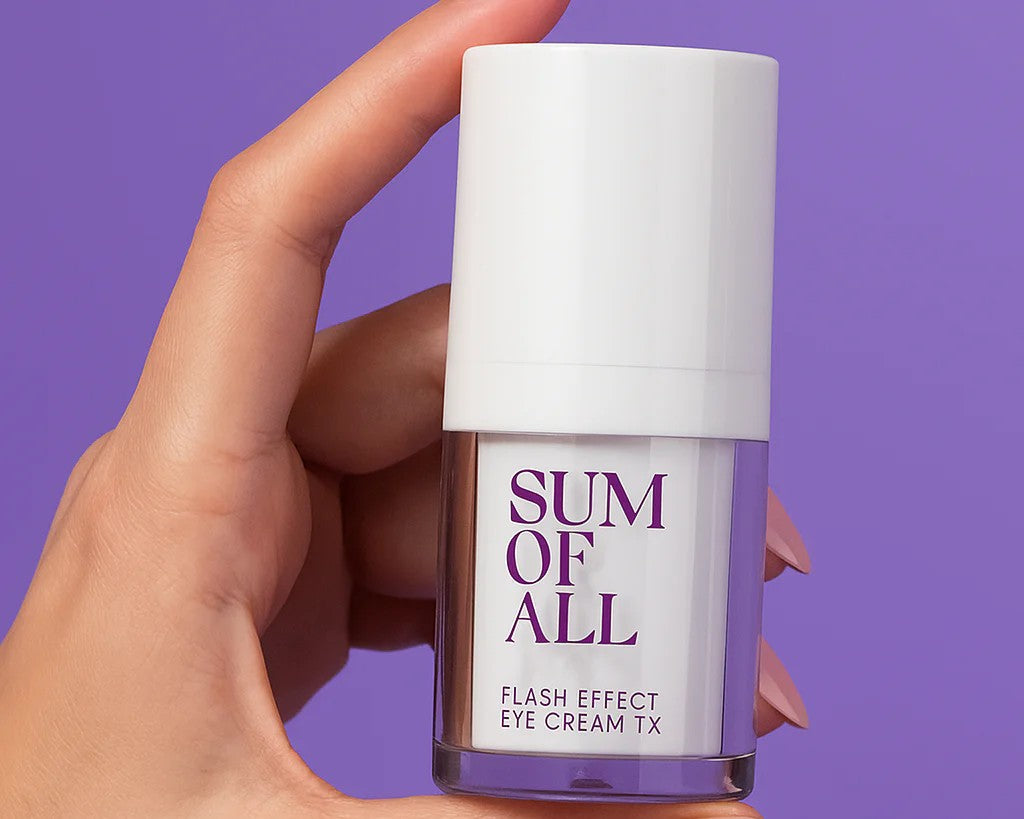
The delicate skin around your eyes is often the first to show signs of fatigue, stress, and hormonal change - especially during midlife. That’s why a targeted eye cream can make such a difference. ...


